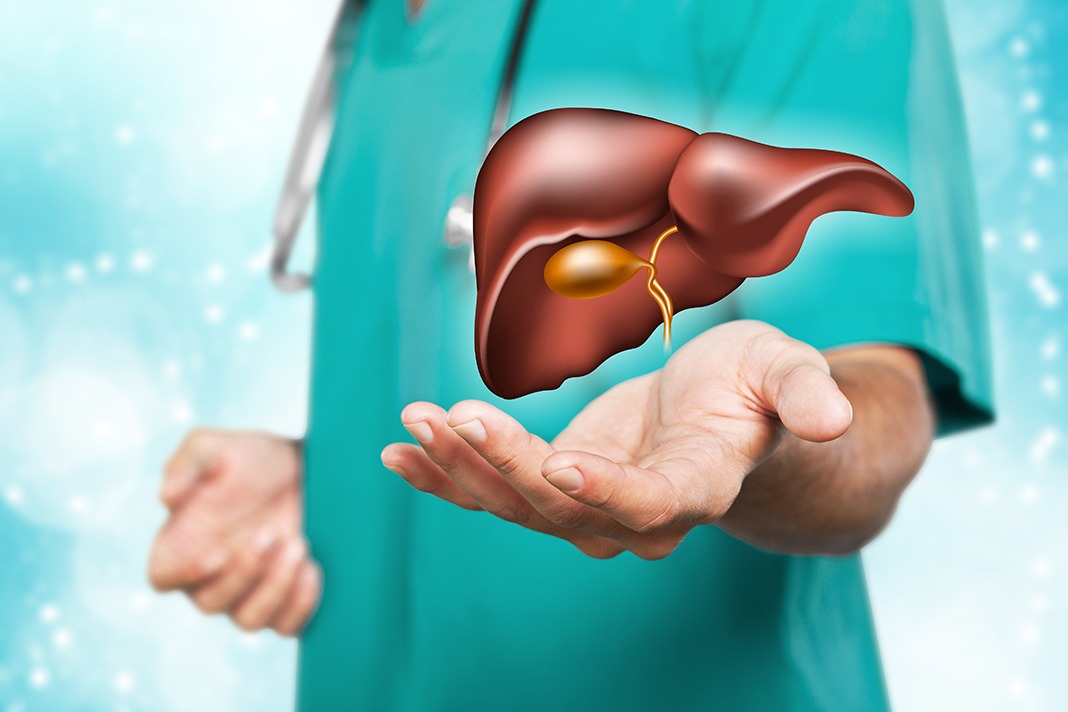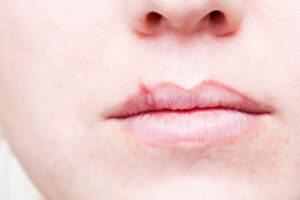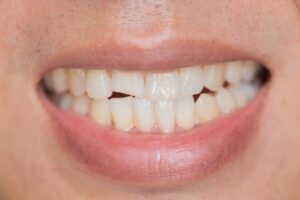The human body works with perfection when all systems work in sync to deliver the desired output. If one system or organ is affected, it is bound to affect other organs directly or indirectly. When it comes to the correlation between invisalign London, oral health and the liver, studies suggest oral health affects the liver and vice versa. If you have periodontal disease, which includes gingivitis and periodontitis, you are at higher risk of developing not just non-alcoholic fatty liver disease, liver cirrhosis, and liver cancer but coronary artery disease, stroke, and type 2 diabetes mellitus also.
The digestive system, comprising mouth, pharynx, esophagus, stomach, small intestine, large intestine, rectum, and anus, remains functionally perfect only when all organs are healthy to work in unison. Although the liver along with the gallbladder and pancreas is not part of the alimentary canal, it plays a very important role in digestion and absorption. Within the digestive system, the main job of the liver—the chemical factory of the body- is to process nutrients absorbed from the small intestine and make chemicals required for various functions of the body.
Correlation between Liver and Oral Health
Your oral space is home to over 20 billion bacteria of over 500 different types, that too when your oral hygiene is good enough to keep bacteria count in check. Fortunately, all microbes are not bad, but if your oral hygiene is not good you are not only making your dental system weak but outing other organs like the liver at higher risk of several diseases. Oral bacteria in association with sugar and saliva create acid that makes your teeth and gums weak. Regular oral care practices like brushing, flossing, and cleaning keep the bacterial activity in check. In absence of dental braces and standard oral hygiene practice, you could develop periodontal disease and, as the studies suggest, put other organs at risk and developing several ailments.
Elimination of bacteria from the human body and detoxification of the human body are major functions of the liver. If your liver is somehow infected or not functioning properly due to one reason or the other, you are at higher risk of getting an infection.
The correlation between periodontitis and metabolic syndrome— risk factors that increases the chances of type 2 diabetes mellitus, stroke, and coronary artery disease—is well established. Here are some of the liver diseases that are strongly linked with oral health issues:
-
Non-alcoholic fatty liver disease (NAFLD)
According to estimates, the prevalence rate of NAFLD is in the range of 20 to 30% (16), and the rate going as high as 74% among obese patients. A study found that ALT and GGT levels were higher in patients with periodontal pockets. Fatty liver is not a matter of serious concern for most people, but if you are noticing symptoms like weight loss, weakness, fatigue, loss of appetite, fluid retention, or bleeding, you should consult your doctor immediately for timely intervention and suitable treatment.
-
Liver cirrhosis
LC, often caused by liver injuries leading to the destruction of the normal architecture of the liver, is a major life-threatening global health problem. The loss of functional hepatocytes affects the detoxification, synthesis, and metabolic function of the liver, ultimately leading to liver failure. Studies suggest that people with cirrhosis exhibit worse periodontal status, meaning oral health worsens the cirrhosis condition.
-
Hepatocellular Carcinoma
The most common type of primary liver cancer among patients with chronic liver disease caused by hepatitis B or hepatitis C viruses, HCC, a multistage disease, accounts for over 9% of all cancer-linked mortality. The occurrence of HCC is linked to dietary, environmental, and lifestyle factors like oral hygiene practices. According to a Japanese study, the prevalence of HCC is relatively high among people with chronic periodontitis as compared to those with good periodontal and gingival health. Unfortunately, the only possible treatment for HCC is a liver transplant, and if the patient has chronic periodontitis the chances of transparent failure increase manifold.
-
GERD
When acid-containing contents of your food flow back through the esophagus into the mouth it is called Gastroesophageal reflux disease, or chronic acid reflux. It happens if the valve at the end of the esophagus fails to close properly, but the chance of GERD is higher among those with fatty liver. So, if your oral hygiene is not good you are at higher risk of fatty liver, thus GERD-related oral ailments.
Takeaway
Periodontitis and other oral infections are curable, so why invite life-threatening liver ailments by ignoring oral health regimens. All you need to do is practice oral care routine and visit the dentist at regular intervals for cleaning and a little extra care. Oral hygiene keeps bacterial growth in check, so minimizes the chance of liver diseases.
SOURCES:
- Panov, V., & Krasteva, A. (2011). “Oral health in patients with liver disease”.
https://core.ac.uk/download/pdf/186800778.pdf - Grønkjær, L. L., & Vilstrup, H. (2015). “Oral health in patients with liver cirrhosis”.
https://www.ingentaconnect.com/content/wk/ejghe/2015/00000027/00000007/art00011 - Díaz-Ortiz, M. L., Micó-Llorens, J. M., Gargallo-Albiol, J., Baliellas-Comellas, C., Berini-Aytés, L., & Gay-Escoda, C. (2005). “Dental health in liver transplant patients”.
https://europepmc.org/article/med/15627910 - CHEN, C. J., YU, M. W., & LIAW, Y. F. (1997). “Epidemiological characteristics and risk factors of hepatocellular carcinoma”.
https://onlinelibrary.wiley.com/doi/abs/10.1111/j.1440-1746.1997.tb00513.x



